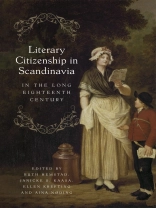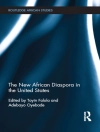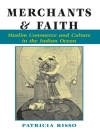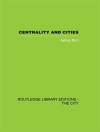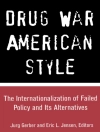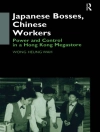Sheds new light on European and regional book markets, the development of a public sphere and the impact of new media on intellectual, social, religious and political change.
How do you become a citizen? Ever since printing was introduced, being a member of society increasingly involved reading and writing: for sociability and belonging, instruction and entertainment, profit and charity, spiritual awakening and political debate. Literary practices shaped and changed identities and the organisation of society during the Long Eighteenth Century. In Scandinavia, this happened locally, as well as transnationally – reading, writing and producing texts involved entanglements within and beyond the borders of the Northern European periphery of Norway, Denmark and Sweden.
Focusing on ‘literary citizenship’, this volume uncovers the different ways in which engagements with print have mediated and established networks and communities, identities and agencies of multiple sorts in an interconnected media landscape. The result is a complex and intriguing history of the book in the Scandinavian region. This history is, on the one hand, influenced by a European market and tradition. On the other hand, it offers an important and different case of regional and local adaptation, marked by what has been termed a ‘Northern Enlightenment’.
This book will be of interest to scholars of European enlightenment studies and to those who are interested in the continuing debates surrounding print culture and history.
This book is available as Open Access under the Creative Commons license CC-BY-NC.
This book and the research upon which it is based was supported by funds from The Research Council of Norway and the National Library of Norway.
CONTRIBUTORS: Jens Bjerring-Hansen, Jon Haarberg, Ruth Hemstad, Thor Inge Rørvik, Ellen Krefting, Karin Kukkonen, Ulrik Langen, Aina Nøding, Jonas Nordin, James Raven, Janicke S. Kaasa, Karen Skovgaard-Petersen, Frederik Stjernfelt, Iver Tangen Stensrud and Jonas Thorup Thomsen.
Table of Content
Introduction –
Ruth Hemstad, Janicke S. Kaasa, Ellen Krefting and Aina Nøding
1. Early Print and Northern Exploration in the Service of the Church: On Archbishop Erik Valkendorf’s Activities as Writer and Editor –
Karen Skovgaard-Petersen
2. The Case of the Norwegian Catechism –
Jon Haarberg
3. Possessed by a Book: Cultural Scripts for Demonic Possession in Early Modern Denmark –
Jonas Thorup Thomsen
4. A Northern Republic of Letters? Transnational Periodical Cultures around 1700, 1800 and 1900 –
Jens Bjerring-Hansen
5. Implementing Freedom of the Press in Eighteenth-Century Scandinavia: Perspectives on a Surprising Lack of Transnationalism –
Ulrik Langen, Jonas Nordin and Frederik Stjernfelt
6. Multilingual Citizens of the World: Literary Fiction in Norwegian Book Collections in the Eighteenth Century –
Karin Kukkonen
7. Stolen Fruit, Moral Fiction: Marmontel’s
Contes
moraux in Denmark-Norway –
Aina Nøding
8. Secret Springs and Naked Truths: Scandalous Political Literature in Eighteenth-Century Denmark-Norway –
Ellen Krefting
9. From the Dictated Lecture to the Printed Textbook: The Circulation of Notes in the Teaching of Philosophy in Denmark-Norway, 1790-1850 –
Thor Inge Rørvik
10. An Inspiring Model from the Periphery: The Transnational Circulation of the Norwegian 1814 Constitution –
Ruth Hemstad
11. Heavenly Citizens of the World: Child Readers and the Missionary Cause –
Janicke S. Kaasa
12. Diffusing Useful Knowledge:
Skilling-Magazin, Transnational Images and Local Communities –
Iver Tangen Stensrud
Afterword –
James Raven
About the author
AINA NØDING is Research Librarian at the National Library of Norway.
